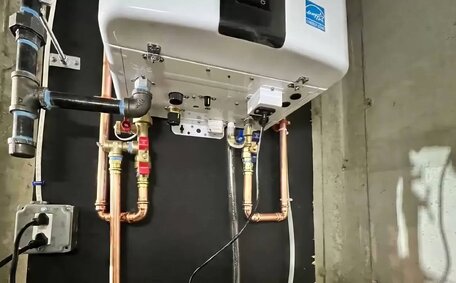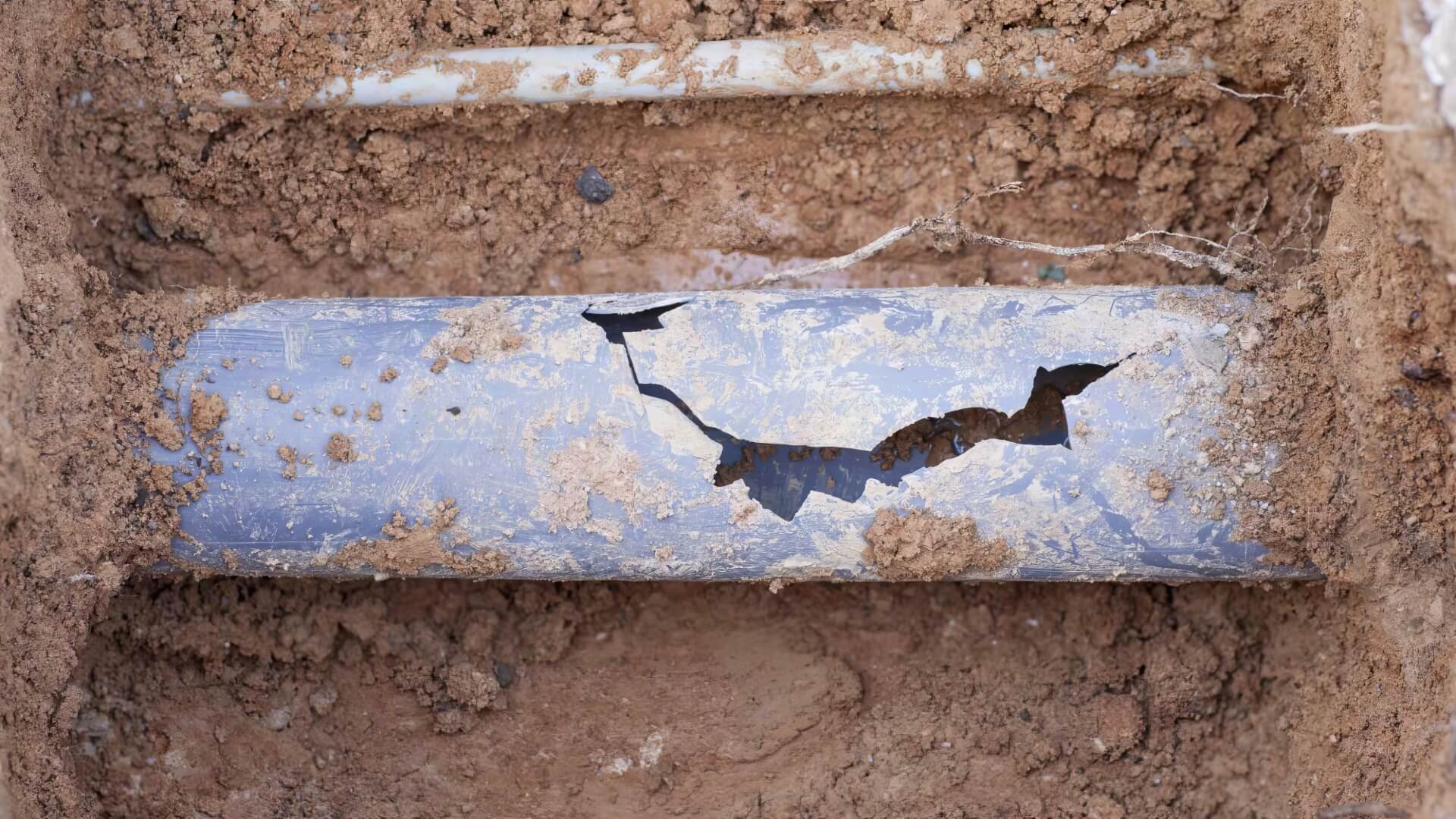Introduction to Gas Fitting Legal Requirements
Australian gas fitting adheres to strict legal requirements to ensure the safety and compliance of gas systems. Installation, maintenance, and repair of gas systems must adhere to regulations prescribed by the Victorian Building Authority (VBA) and other regional authorities.
Certified gas fitters undergo comprehensive training to provide professional and safe gasfitting services. Engaging qualified specialists for home gas services is crucial to assure system reliability in line with current technical standards.
This guide outlines the essential regulations, standards, proof of knowledge, and superior approaches needed for work carried out in the gas fitting industry. Understanding gas compliance enables consumers to appreciate the necessity of safe installations and emergency response capabilities when issues arise.
Licensing and Certification Needed for Gas Fitters
Australian law mandates that only professional, licensed practitioners are permitted to undertake all types of gas fitting work, including work on LP and natural gas systems. Gas fitters obtain certifications validating their expertise in both natural gas and gas LPG, as well as compliance with the AS/NZS 5601 Gas Installations standard.
The new standard, AS/NZS 5601.2, updated and released in March 2023, introduced fresh safety requirements. Victoria has implemented a transition period, requiring compliance for all gasfitting work by September 2023, with other states predicted to follow suit. Customers must verify that gas fitters hold current 5601.2 certification.
Licenced gas fitters possess the necessary qualifications to correctly carry out, size, install, maintain, and repair, acting as crucial steps in gasfitting work carried out for gas systems. Hiring certified professionals guarantees that your existing appliances, such as gas stoves and piping, are calibrated to function reliably and securely. Ensure that gas fitters’ licences are current before engaging their services.
Certificates of Compliance After Gas Fitting Jobs
After any gas fitting work, qualified gas fitters in Australia must issue a compliance certificate to the homeowner or business owner. These documents affirm the regulatory compliance of gas safety, ensuring that home gas installations meet AS/NZS 5601.2 and local legal requirements.
In NSW, the submission of the compliance certificate, akin to a compliance plate, must take place via the Fair Trading NSW MyInspections portal within 5 business days following the work’s completion. Other states offer comparable electronic systems to streamline the process for homeowners. Homeowners should retain a copy of the certificate as definitive proof of regulatory compliance.
Compliance certificates articulate the executed tasks, certifying that materials, components, and devices, alongside the gas systems, are energy safe and meet cutting-edge technical specifications. This ensures gas safety for your home, aligning with Australian standards.
It’s essential for consumers to understand what details should be included in the compliance certificate received from gas fitters post-job completion. Compliant professionals acknowledge these post-service certificates as essential for maintaining gas system integrity and transparency.
Gas Installation Standards and Codes
Gas installations in Australia must comply with all aspects of the AS/NZS 5601 Gas Installations standard, ensuring a comprehensive approach to safety. The recent updates to AS/NZS 5601.2 in 2022 introduce new safety requirements for consumer piping, appliances, ventilation, testing, and inspection.
All states in Australia incorporate the AS/NZS 5601 compliance within their regulatory framework. Gas fitting work and certifications adhere to this national standard, which underwent significant changes during its 2022 review.
Some key aspects of the new AS/NZS 5601 standard include:
- More stringent type testing requirements for each gas appliance
- Altered residential consumer piping specifications
- Improved inspection and leakage provisions
- Higher ventilation regulations for gas appliances
- Weatherproofing specifications for outdoor appliances
The Victorian Building Authority implies that gas installations should only be in an approved form by professionals with licences evaluated in line with AS/NZS 5601. Consumers should check their gas fitter holds current 5601.2 certification before commencing jobs.
Compliance safeguards households by ensuring gas systems align with Australian standards. Gas leaks or faults in non-compliant installations endanger properties and lives while contravening state laws.
Emergency and Safety Procedures
Gas emergencies require urgent response from qualified professionals. If you smell your gas, think you have a gas leak, or appliance faults, take these steps:
- Evacuate all individuals from the area to a safe location
- Call 000 for emergency assistance if you believe there is immediate danger
- Contact your distributor to cut out gas supply by closing the valves
- Phone a licenced gas fitter to inspect for leaks or faults
Licensed gas technicians adhere to procedures consistent with Safe Work Australia regulations:
- Assessing the site for risks
- Wearing protective equipment
- Employing gas leak detection methods to pinpoint leaks
- Isolating faulty systems
- Making the area safe before repairs commence
Upon arrival, gas fitters should explain the emergency protocols to ensure household safety. Select professionals who provide clear safety guidance during emergency callouts.
Choosing Qualified Professionals
Choosing certified gas fitting professionals is essential for ensuring safety, legal compliance, and warranty protection.
Verify that technicians providing plumbing and gas fitting services are licensed in your area and have valid credentials from entities like the Australian Gas Association. Ask to see identification badges alongside active certification numbers.
Confirm that gas fitters have up-to-date training and have been assessed against the latest AS/NZS 5601 standard, ensuring they are informed of changes as of March 2023. Compliance offers assurances their expertise satisfies Australia’s newest specifications.
Consumer rights necessitate that gas fitting businesses disclose essential information such as licensing, skills, experience, and service areas. Seek at least 3 quotes outlining credentials, services, response times, safety procedures and costs.
While price remains a factor, safety should not be compromised. Hire industry-certified specialists willing to provide complete project scopes, transparency around permits, adherence to standards and detailed compliance paperwork upon completion.
Information for Homeowners
As a homeowner, it’s essential to know more about your obligations and rights concerning gas fitting work on your premises. When transacting property with features like a pool spa, particular gas certification may be obligatory in some regions, like Queensland for recreational vehicles.
Always check your state or territory legislation when organising gas installation jobs. While standards like AS/NZS 5601 cover national specifications, additional local regulations can apply. Ensure any hired gas fitter holds appropriate regional licences and insurances protecting your property.
Request current identification and credentials before allowing access or work to commence. When jobs complete, don’t hesitate to ask questions about the work carried out, equipment adjusted, areas accessed or future servicing recommendations.
Homeowners are essential in ensuring professional conduct and expertise during service visits. Remain vigilant for any issues with licences, unsafe practices, or reluctance to furnish compliance documents. As the property owner, you reserve the right to terminate access immediately if ever uncomfortable.
Your vigilance contributes to reliable industry outcomes. Safeguard your home by engaging only certified gas specialists who transparently offer safety advice, compliance details, completion certificates, and work breakdowns.
Frequently Asked Questions
What gas compliance standards apply to gas fitting work in Australia?
Gas fitting work must comply with the AS/NZS 5601 Gas Installations standard, which outlines safety specifications for materials, appliances, ventilation, testing and more. All states and territories mandate certification to this standard.
When are certificates of compliance necessary?
Licenced gas fitters must provide detailed certificates of compliance, which you’ll need to validate the quality of work on your gas pipes once any installation, maintenance or repair jobs are complete. These certificates, which you’ll need to ensure safety and compliance, confirm adherence to the AS/NZS 5601.2 standards.
Why hire qualified professionals for gas fitting services?
Gas systems involve complex technical specifications. Only certified specialists with adequate training and licences can legally and safely install, maintain or repair gas appliances and pipework according to Australian regulations and codes.
What licencing and certification is required for gas fitters?
Gas work, including hot water systems, must meet professional and safety standards. Gas fitters require thorough qualifications, such as Australian Gas Association certification, as confirmed by the ASNZS publication.
What should I do in a gas leak emergency?
Evacuate everyone from the area, call emergency services if danger exists, contact your distributor to shut off gas valves, and phone a certified gas fitter to inspect leaks or appliance faults. Technicians will secure the gas pipe network and ensure the situation is safe.
For further gas compliance queries, contact our team on 1300 349 338 or jobs@minchinburyplumbingservices.com.au.






